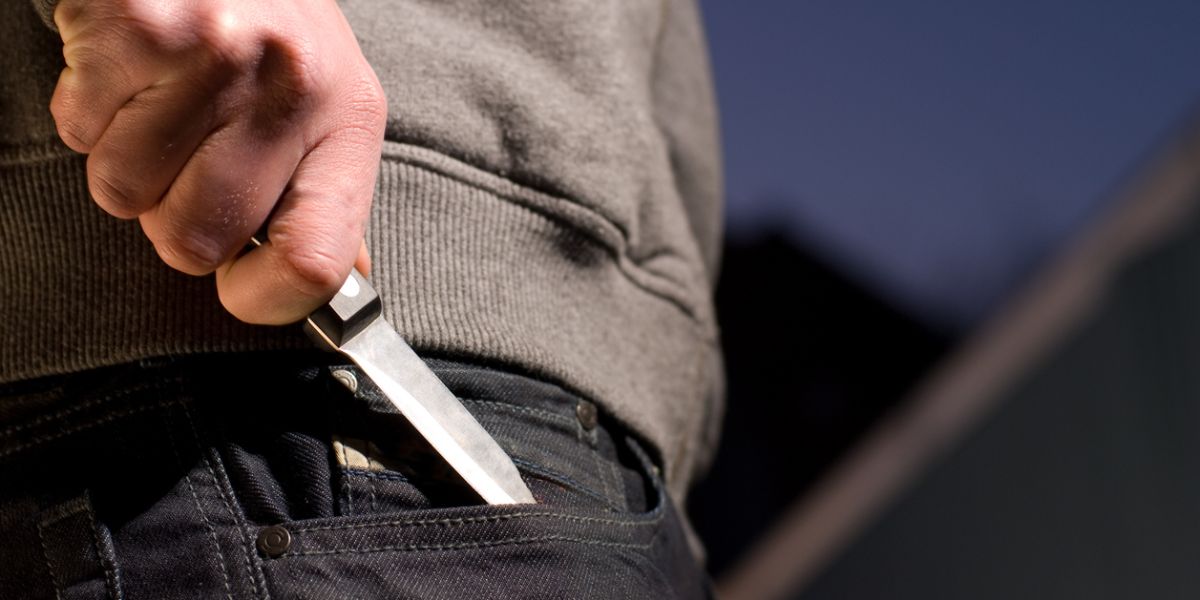South Carolina has some of the most permissive knife laws in the United States, reflecting its strong cultural emphasis on personal freedom and the right to self-defense. While the state generally allows individuals to carry a wide variety of knives, understanding where and how knives can be legally carried is essential—especially since local laws may impose additional restrictions.
A Tradition of Personal Defense
South Carolina’s approach to knife laws is rooted in a long history of valuing personal liberty. Influential figures like Christopher Gadsden, known for his role in promoting individual rights during the American Revolution, helped shape the state’s defense-oriented mindset. This background supports the state’s current legal framework, which gives individuals broad authority to choose their tools for self-protection.
Types of Knives Allowed
The state permits the carrying of most knife types, including folding knives, pocket knives, dirks, and daggers. These knives can be legally carried both openly and concealed under state law. There are no statewide blade length limits, and the law does not restrict specific knife designs in most situations. This makes South Carolina one of the more flexible states when it comes to everyday knife carry.
Prohibited and Restricted Knives
Although state law is lenient, some types of knives may face local restrictions. For instance, switchblades and other automatic knives may not be permitted in certain cities like Columbia. Schools and government buildings also often prohibit knives with blades longer than two inches. These exceptions are important to note, especially for those carrying knives for work or personal protection.
Open vs. Concealed Carry
Open carry of knives is legal throughout South Carolina without a permit. Concealed carry is also generally allowed, but some areas may impose additional rules, especially for larger blades. While the state does not have strict guidelines separating open and concealed carry for knives, carrying a large or unusual knife in a concealed manner could draw attention or lead to local enforcement issues.
Location-Based Restrictions
Some areas are off-limits when it comes to carrying knives. Schools, for example, have clear restrictions—knives with blades longer than two inches are not permitted. Similarly, public buildings and government facilities may have posted rules banning all weapons, including knives. Violating these rules can result in fines or legal consequences.
Local Ordinances Can Vary
One of the most important things for knife owners to understand is that local laws may differ from state laws. Cities like Charleston, Columbia, and Greenville have enacted ordinances that restrict the size or type of knife that can be carried, particularly when concealed. These local rules can sometimes override or complicate the broader freedoms allowed by state law.
Law Enforcement and Military Exceptions
Law enforcement officers and military personnel are often exempt from certain knife regulations. These exceptions recognize the nature of their work and the need for specialized tools while on duty. However, this does not extend to civilians, so it’s important for regular citizens to follow all applicable laws.
Know Before You Carry
While South Carolina offers a favorable environment for knife owners, the patchwork of local regulations means it’s essential to stay informed. What is perfectly legal in one city may be restricted in another. Whether you’re a resident or just visiting, make sure to check the rules of the specific area you’re in.
Conclusion
South Carolina’s knife laws reflect a strong commitment to personal rights and self-defense. The state allows the carrying of many knife types with few statewide limitations, making it a generally knife-friendly place. However, local ordinances in cities like Charleston, Columbia, and Greenville may impose stricter rules, particularly on blade length and concealed carry. By understanding both state and local laws, knife owners can stay within legal boundaries and carry responsibly.




